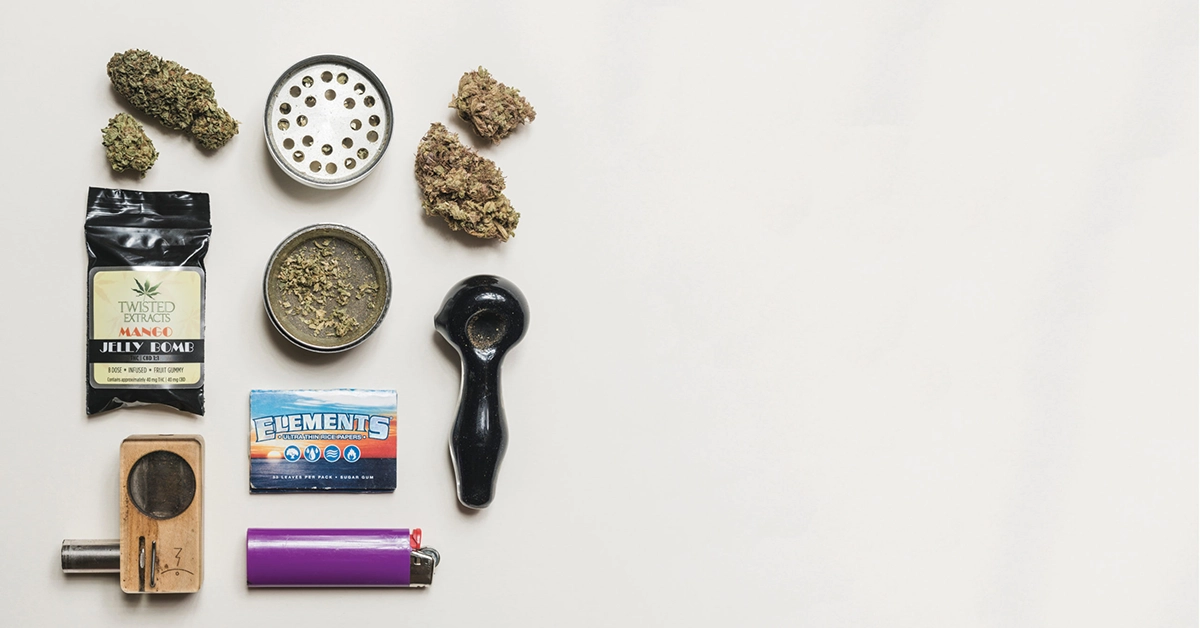As July approaches, many Canadians are starting to think about the impending cannabis legislation and how it will shape our society. Universities are no different, and as the date of implementation nears, the discussion is becoming louder regarding what changes may need to be made to account for legalized drug use.
According to the Government of Canada, the proposed Cannabis Act would give guidelines for how Canadians could legally use, buy, and sell marijuana. Opening up the drug to recreational use also means institutions like MacEwan University have leeway in deciding how cannabis will fit for them.
“We’re looking at it two different ways: There’s a duty to accommodate, and then the other side is what we do about recreational use on campus,” says Marcie Chisholm, associate vice-president of human resources at MacEwan.
The university currently has a policy in place regarding medical drug use and how the institution accommodates students and faculty in those situations.
The recreational aspect is less clear, however, and the policy currently covering it is out of date, says Chisholm. The university’s intention is to review and update this section with the upcoming legislation.

Right now, the institution is in the primary stages of proposing a new policy and has plans to consult with various groups across campus — including the Faculty Association, Students’ Association, and Student Affairs — before drafting anything. One thing MacEwan does want to include in the policy regards drug impairment on campus.
“I think our students spend a lot of money and a lot of their time investing in their education, and they want it to be the best experience. And recreational use in the classroom might not add to that,” Chisholm says.
“And same thing for employees. We pay people to serve our students and serve our community, and they can’t do that if they’re impaired.”
Chisholm also noted that the new campus sustainability plan wants to have MacEwan move toward being a smoke-free campus. The university currently has designated smoking zones but is planning to do away with all smoke, including cigarettes and e-cigarettes. This will further shape drug use on campus.
Other universities have been preparing for the legislation as well. Kwantlen Polytechnic in BC launched a professional series in 2015 that offers students courses in cannabis.
The classes have three focuses: plant production and facility management, marketing and sales, and financing a cannabis enterprise. The university hopes this will give students the ability to succeed in the cannabis field once it becomes increasingly popular in Canada.
“I think there’s a huge opportunity for student-led research or academic programming around the topic because I think there’s a lot unexplored.”
—Marcie Chisholm
Similarly, McMaster University collaborated with a local hospital and opened a research facility in late 2017 to advance knowledge about medicinal marijuana use. The legalization process will make it much easier to conduct studies and research around a wider range of topics. This will give students new possibilities for their own inquiries and future studies.
Though MacEwan has no plans to implement such programs at this time, there is the potential for further conversation around the topic as the legislation matures.
“I see a huge opportunity for research because so much is not known about the medical or the recreational impacts of cannabis use over time. I think there’s a huge opportunity for student-led research or academic programming around the topic, because I think there’s a lot unexplored,” she says.
The introduction of legal cannabis doesn’t mean a drastic change on campus, however. A large part of the demographic attending university is already involved with the drug, despite the fact that it is currently illegal.
A 2012 survey by Canadian Community Health found that 33 per cent of individuals between 18 to 24 used marijuana within the year of the poll.
Geraint Osborne, a sociologist and associate professor at the University of Alberta, says that it’s unlikely campuses will see a large shift in culture.
“By and large, students use (cannabis) to chill out with friends, listen to music, and watch movies,” he told MacLeans in 2017. “They use it as a reward. Once exams are done, they go out and get high — the same way others use alcohol.”
Legalization will have an effect on the stigma surrounding cannabis use, but Chisholm agrees there won’t be a big shift in behaviours surrounding it, especially since it is already so easy to get a hold of.
“I think there’s a lot of fuss about it right now … In my personal opinion, I don’t think people are going to run out and go crazy,” says Chisholm. “If they were going to do that, they would be doing it already. So I think we’re (going to be) taking a bit of a moderate approach.”





0 Comments